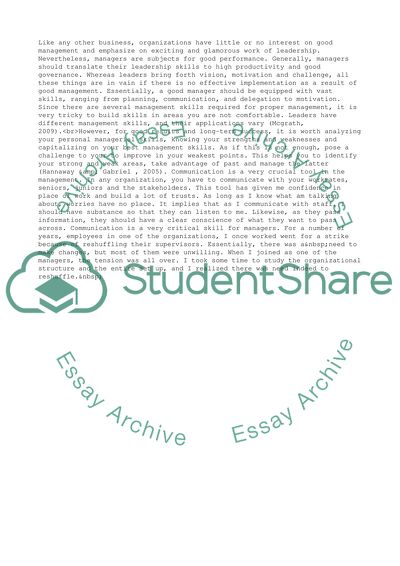Cite this document
(“Developing Personal Management Skills Assignment”, n.d.)
Developing Personal Management Skills Assignment. Retrieved from https://studentshare.org/management/1816500-developing-manager
Developing Personal Management Skills Assignment. Retrieved from https://studentshare.org/management/1816500-developing-manager
(Developing Personal Management Skills Assignment)
Developing Personal Management Skills Assignment. https://studentshare.org/management/1816500-developing-manager.
Developing Personal Management Skills Assignment. https://studentshare.org/management/1816500-developing-manager.
“Developing Personal Management Skills Assignment”, n.d. https://studentshare.org/management/1816500-developing-manager.


